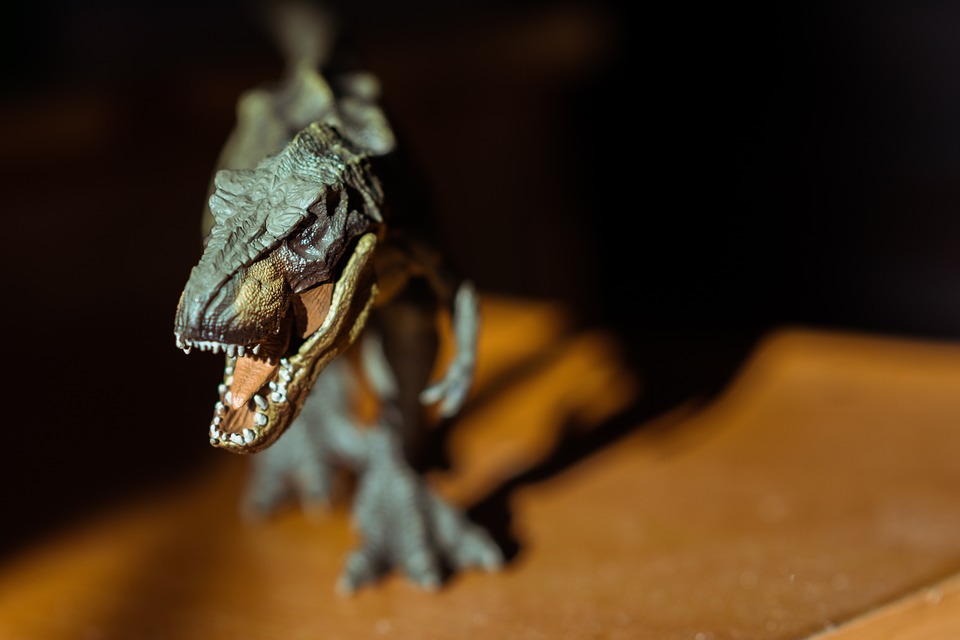*By [Your Name]*
Maintaining a healthy fish tank goes beyond just providing a suitable environment for your aquatic pets. Proper nutrition plays a crucial role in ensuring the overall well-being and longevity of your fish. In this article, we will explore essential nutrition guidelines that every fish tank owner should know. From selecting the right food to understanding feeding habits, we will provide you with the knowledge to keep your fish happy and healthy.
Before delving into specific nutrition guidelines, let’s first understand the basic nutritional needs of fish. Fish require a balanced diet that provides them with essential nutrients such as proteins, carbohydrates, lipids, vitamins, and minerals. Just like humans, different fish species have varying dietary requirements. It is essential to research and understand the specific nutritional needs of your fish species to ensure their optimal health.
Selecting the right fish food is crucial to meet the nutritional needs of your fish. The market offers a wide range of options, including flakes, pellets, freeze-dried, frozen, and live foods. Here are a few tips to help you make the right choice:
1. Research your fish species: Understand the natural diet of your fish species and try to replicate it as closely as possible. Some fish are herbivores, while others are carnivores or omnivores. Matching their natural diet will provide the best nutrition.
2. Quality over quantity: Invest in high-quality fish food from reputable brands. While cheaper options may seem appealing, they often lack essential nutrients and can lead to poor fish health.
3. Variety is key: Providing a varied diet helps ensure that your fish receive a wide range of nutrients. Consider rotating between different types of food to keep their diet diverse and interesting.
Understanding the feeding habits and frequency of your fish is vital in maintaining their health. Here are some general guidelines to follow:
1. Feed appropriate portion sizes: Overfeeding is a common mistake that can lead to issues such as obesity, poor water quality, and digestive problems. Feed your fish an amount they can consume within a few minutes, removing any uneaten food afterward.
2. Consistency is key: Establish a regular feeding schedule and stick to it. Fish thrive on routine, and a consistent feeding schedule helps maintain their overall well-being.
3. Consider fasting days: Depending on the species, incorporating fasting days into your fish’s feeding routine can be beneficial. This allows their digestive system to rest and helps prevent health issues associated with overfeeding.
In some cases, fish may require additional nutrition or supplements to support their health. Here are a few considerations:
1. Vitamin and mineral supplements: If your fish’s diet lacks certain vitamins or minerals, consult with a veterinarian or aquatic specialist to determine if supplements are necessary. Avoid over-supplementing, as this can lead to imbalances and potential health issues.
2. Live foods as treats: Live foods, such as brine shrimp or bloodworms, can be offered as occasional treats. These foods provide additional nutrients and help stimulate natural feeding behaviors.
3. Observe for signs of deficiencies: Monitor your fish’s behavior and appearance for signs of nutritional deficiencies, such as faded color, lethargy, or abnormal growth. Consult with an expert if you suspect any health issues.
To address common questions, here are some frequently asked questions about fish nutrition:
1. How often should I feed my fish?
– Feed your fish small portions 2-3 times a day, adjusting the amount based on their eating habits. Remember to remove any uneaten food promptly.
2. Can I overfeed my fish?
– Yes, overfeeding is a common mistake that can lead to health issues. It is crucial to feed your fish appropriate portion sizes and avoid excess food accumulation.
3. Should I provide my fish with live food?
– Live food can be offered as occasional treats to provide additional nutrition and stimulate natural feeding behaviors. However, it should not replace a balanced and varied diet.
4. How can I ensure a balanced diet for my fish?
– Research your fish species’ natural diet and choose high-quality fish food that replicates it as closely as possible. Additionally, provide a variety of food types to ensure a diverse and balanced diet.
In conclusion, proper nutrition is vital for maintaining a healthy fish tank and ensuring the well-being of your aquatic pets. By understanding the nutritional needs of your fish, choosing the right food, and following appropriate feeding habits, you can help promote their overall health and longevity. Remember to consult with experts and observe your fish for any signs of deficiencies. With the right nutrition guidelines, your fish tank will thrive, providing you with endless joy and beauty.









